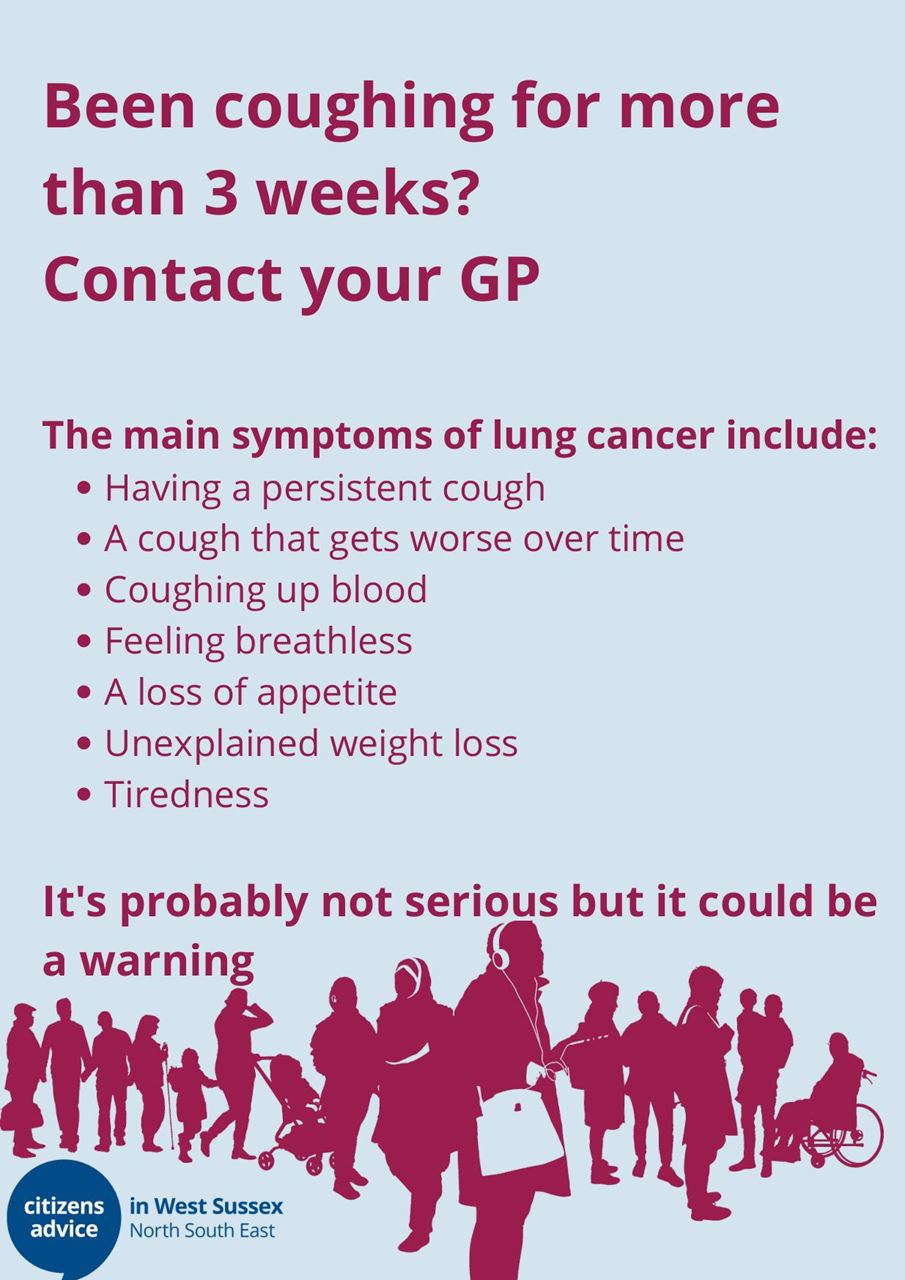CANCER SCREENING

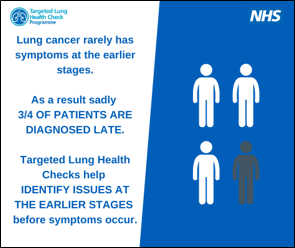
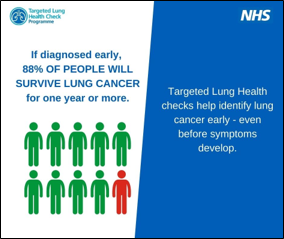
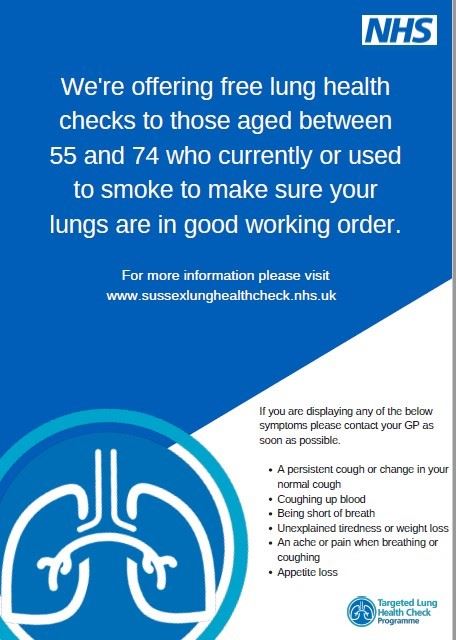
Cervical screening: helping you decide
Cervical screening used to be called a ‘smear test’. It is your choice whether to have a cervical screening test or not.
NHS cervical screening helps prevent cervical cancer. It saves thousands of lives from cervical cancer each year in the UK. In England cervical screening currently prevents 70% of cervical cancer deaths. If everyone attended screening regularly, 83% could be prevented.
To find out more about cervical screening click here.
To find our more information in different languages click on the below links or videos:
Arabic Bengali Chinese French Gujarati
Polish Portuguese Punjabi Urdu
Some patients feel anxious about attending because of:
- mental health issues
- previous traumatic experiences
- sexual abuse
For more information on the support available for people who feel anxious about attending their cervical screening click here.
Cervical screening in Pashto or Bengali
Cervical screening in Chinese or Urdu
Cervical screening in Tamil or Somali
Cervical screening in Farsi or Hindi
Cervical screening in Kurdish and Dari
Ovarian Cancer
Key facts and figures about ovarian cancer
- Around 7,400 women are diagnosed each year in the UK
- Around 4,100 women lose their lives each year in the UK – that’s 11 women every day
- More women die as a result of ovarian cancer each year in the UK than all other gynaecological cancers combined
- If diagnosed at the earliest stage, 9 in 10 women will survive. But two thirds of women are diagnosed late, when the cancer is harder to treat.
- Just one in five UK women (20 per cent) can name bloating as one of the main symptoms of ovarian cancer
- Over a quarter of women with ovarian cancer (27 per cent) are diagnosed through an emergency presentation such as Accident and Emergency
- One in five women (22 per cent) mistakenly think a smear test would detect ovarian cancer
Article: Five things to know about ovarian cancer
Target Ovarian Cancer is the UK’s leading ovarian cancer charity. We work to improve early diagnosis, fund life-saving research and provide much-needed support to women with ovarian cancer.
Ovarian cancer can be devastating. Knowledge of the symptoms is low, and 11 women die every day from the disease in the UK. But there is hope. When diagnosed at the earliest stage, 9 in 10 women will survive for five years. That’s why Target Ovarian Cancer is raising funds and awareness this March for Ovarian Cancer Awareness Month. Here’s what you need to know about ovarian cancer.
1. Awareness of the symptoms is alarmingly low
Target Ovarian Cancer’s research shows that just one in five women in the UK can name bloating as a major symptom of ovarian cancer. Watch Target Ovarian Cancer’s symptoms video to find out more (https://youtu.be/bBQrgYiKvN0). Some symptoms can be confused with Irritable Bowel Syndrome (IBS). If you are experiencing any of the following symptoms regularly, and they are not normal for you, it is important that you see your GP:
- Persistent bloating - not bloating that comes and goes
- Feeling full quickly and/or loss of appetite
- Pelvic or abdominal pain (that's your tummy and below)
- Urinary symptoms (needing to wee more urgently or more often than usual)
It is unlikely that your symptoms are caused by a serious problem, but it is important to get checked out.
2. Ovarian cancer is often diagnosed late
Ovarian cancer is often diagnosed late after delays in diagnosis, which makes it harder to treat. Two thirds of women are diagnosed once the cancer has already spread. But it is not always diagnosed late, and it is important for everyone to know that there are symptoms to look out for. Target Ovarian Cancer has been campaigning for better awareness of the symptoms of ovarian cancer for over a decade.
3. A smear test does not detect ovarian cancer
One in five women mistakenly believes that a smear test will pick up ovarian cancer, but there is currently no screening programme for ovarian cancer, which is why it is important to know the symptoms and visit your GP if you are worried. More women die from ovarian cancer every year than all the other gynaecological cancers combined. It’s really important to go for your cervical screening (also known as a smear test) when you are called, but a smear test will not detect ovarian cancer.
4. The BRCA1 and BRCA2 mutations (‘Angelina Jolie genes’) put you at increased risk of breast cancer AND ovarian cancer
15-20 per cent of ovarian cancers are caused by genetic mutations. The most common mutations are in the BRCA1 and BRCA2 genes and these increase a woman’s risk of both breast and ovarian cancer. Remember that genetic mutations linked to ovarian cancer can be passed down on the mother’s and the father’s side of the family, so it’s important to know a family history on both sides.
Anyone who is worried about the symptoms of ovarian cancer or any other aspect of the disease can get in touch with Target Ovarian Cancer’s nurse-led Support Line. Valerie and Rachel provide confidential information, support and signposting for anyone affected by ovarian cancer. Contact our Support Line on 020 7923 5475 (Monday-Friday 9am-5.30pm) or get in touch online www.targetovariancancer.org.uk/supportline
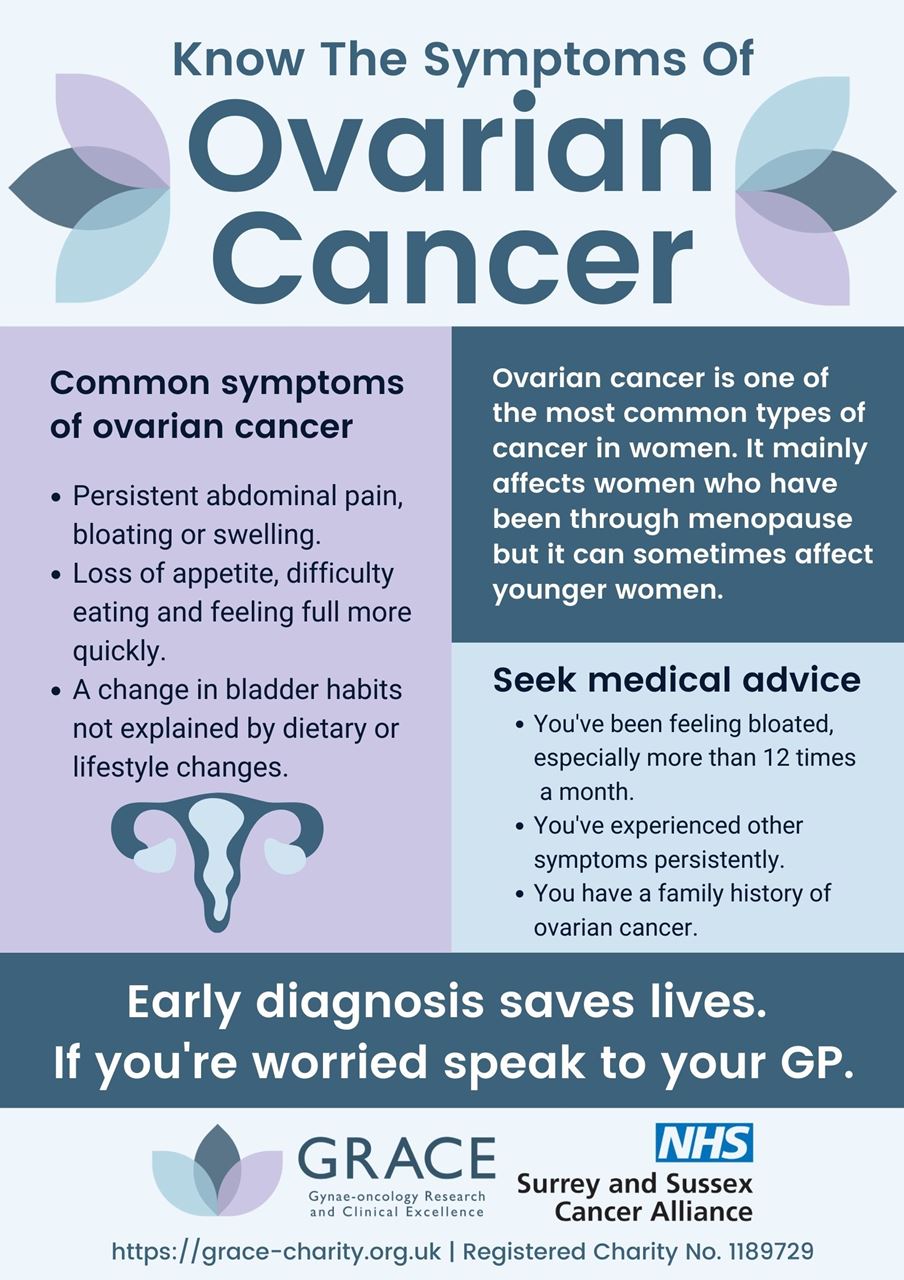
Ovarian Cancer
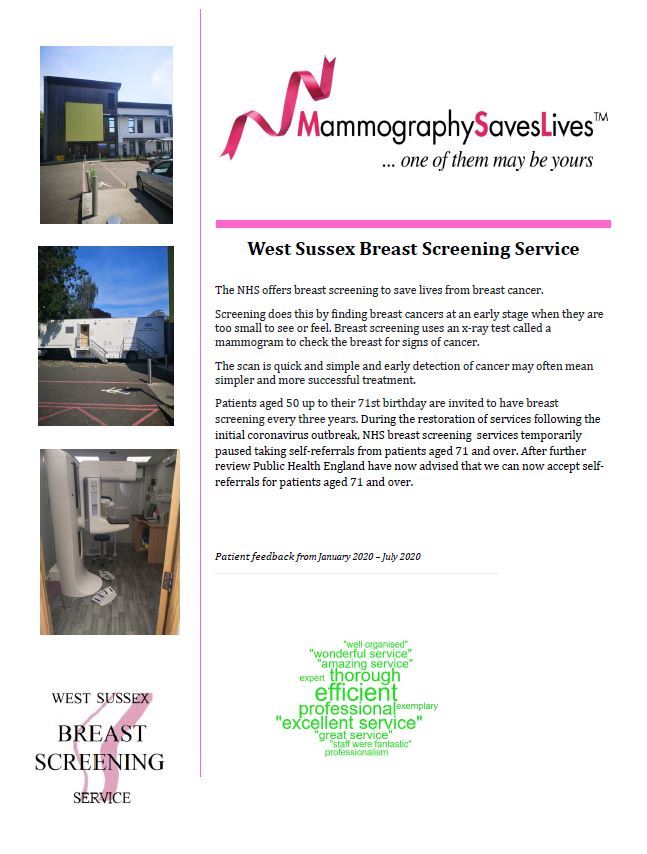
Frequently asked questions

